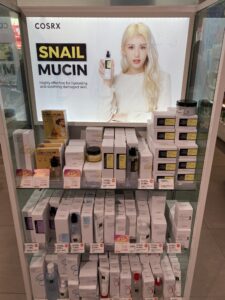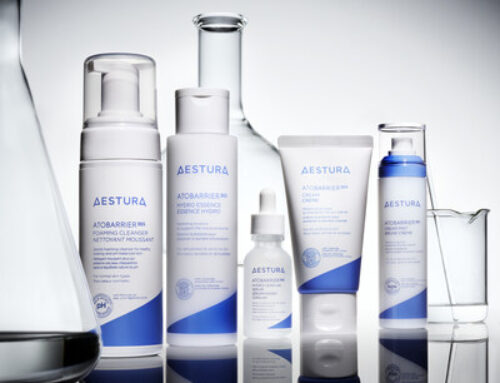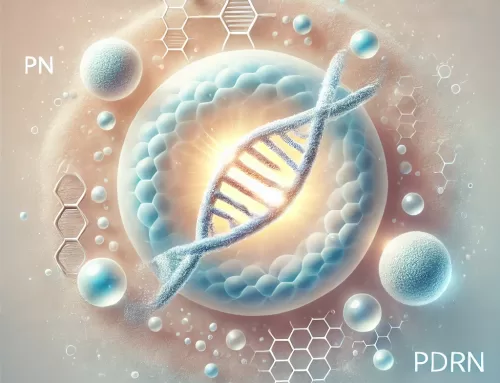
Snail mucin has emerged as a highly trending ingredient in skincare, gaining traction in the United States through its popularity in Korean beauty routines. While the notion of using mollusk mucus might initially seem off-putting, the unique properties of snail mucin have garnered significant attention for their potential benefits in skin rejuvenation and repair.
The specific benefits of snail mucin can vary based on the snail species and the method of mucus extraction. For instance, mucus collected from the back of the snail is known for its antimicrobial properties and ability to hydrate and repair skin tissues. On the other hand, mucus obtained from the foot of the snail, which serves as a natural lubricant, has its own set of benefits, primarily focused on providing a smooth and moisturizing effect.
The key to snail mucin’s effectiveness lies in its rich composition. It contains a blend of moisturizing agents that help fortify the skin barrier, ensuring it remains intact and better protected from environmental pollutants and irritants. The mucin is packed with a variety of beneficial compounds including antioxidants like zinc, manganese, and copper peptides. These elements reduce the appearance of wrinkles and improve skin tone by neutralizing free radicals and stimulating collagen production.
Furthermore, snail mucin has been noted for its potential to assist in the repair of damaged skin. Its stress-induced properties mean that it is well-suited for helping the skin recover from various forms of damage. Research supports these claims, with some studies indicating that snail mucin can slow the proliferation of melanoma cells in vitro, suggesting it may offer additional protective benefits.
In addition to its reparative and anti-aging properties, snail mucin has shown promising results in combating acne. Users have reported a noticeable reduction in acne outbreaks and inflammation after incorporating snail mucin into their skincare routines for several weeks. This could be attributed to its ability to defend against acne-causing bacteria and soothe irritated skin.
For those who are hesitant to use snail mucin directly, it is beneficial to know that the mucin is composed of glycolic acid and hyaluronic acid. Products featuring glycolic acid, known for its exfoliating properties, and hyaluronic acid, a powerful hydrating agent, can provide similar benefits to those of snail mucin. However, it’s worth noting that snail mucin’s claims of hydration and rejuvenation are backed by scientific research, so unless you are allergic to the extraction, it doesn’t hurt to integrate it into your skincare routine.



